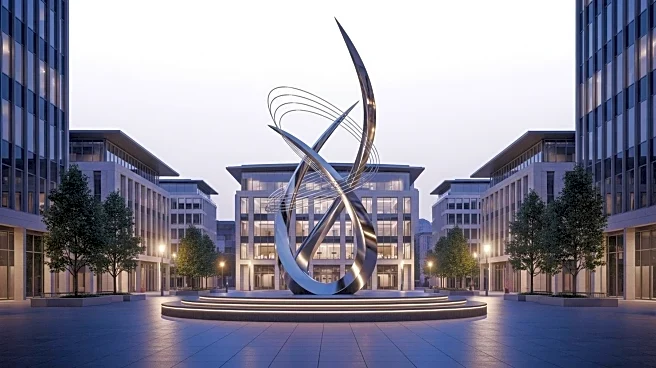Birmingham's leadership has been instrumental in transforming the city from an industrial hub to a modern metropolis. The city's leaders have navigated economic challenges and embraced opportunities for growth, ensuring Birmingham remains a key player in the UK's economy and cultural landscape.
Leadership Context
Birmingham's leadership has historically been focused on economic development and urban renewal. The city's leaders have worked to diversify the economy, moving beyond traditional manufacturing to embrace sectors such as finance, technology, and education. This strategic shift has been crucial in maintaining Birmingham's economic vitality in the face of global changes.
Decisions and Strategies
Key decisions by Birmingham's leaders have included investments in infrastructure and public services. The development of the city's transportation network, including the expansion of Birmingham Airport and improvements to rail and road links, has been a priority. These efforts have enhanced connectivity and accessibility, attracting businesses and tourists alike.
Outcomes and Accountability
The outcomes of Birmingham's leadership strategies are evident in the city's economic growth and cultural vibrancy. Birmingham has become a hub for business and innovation, with a thriving start-up scene and a strong presence of multinational corporations. The city's leaders have also prioritized social inclusion and community development, ensuring that all residents benefit from economic progress.
Lessons for U.S. Audiences
Birmingham's leadership offers valuable lessons for U.S. cities facing similar challenges. The city's focus on economic diversification and infrastructure development can serve as a model for urban renewal. Birmingham's commitment to cultural and social inclusion highlights the importance of addressing the needs of diverse communities in urban planning and development.

 Discover Daily
Discover Daily 






